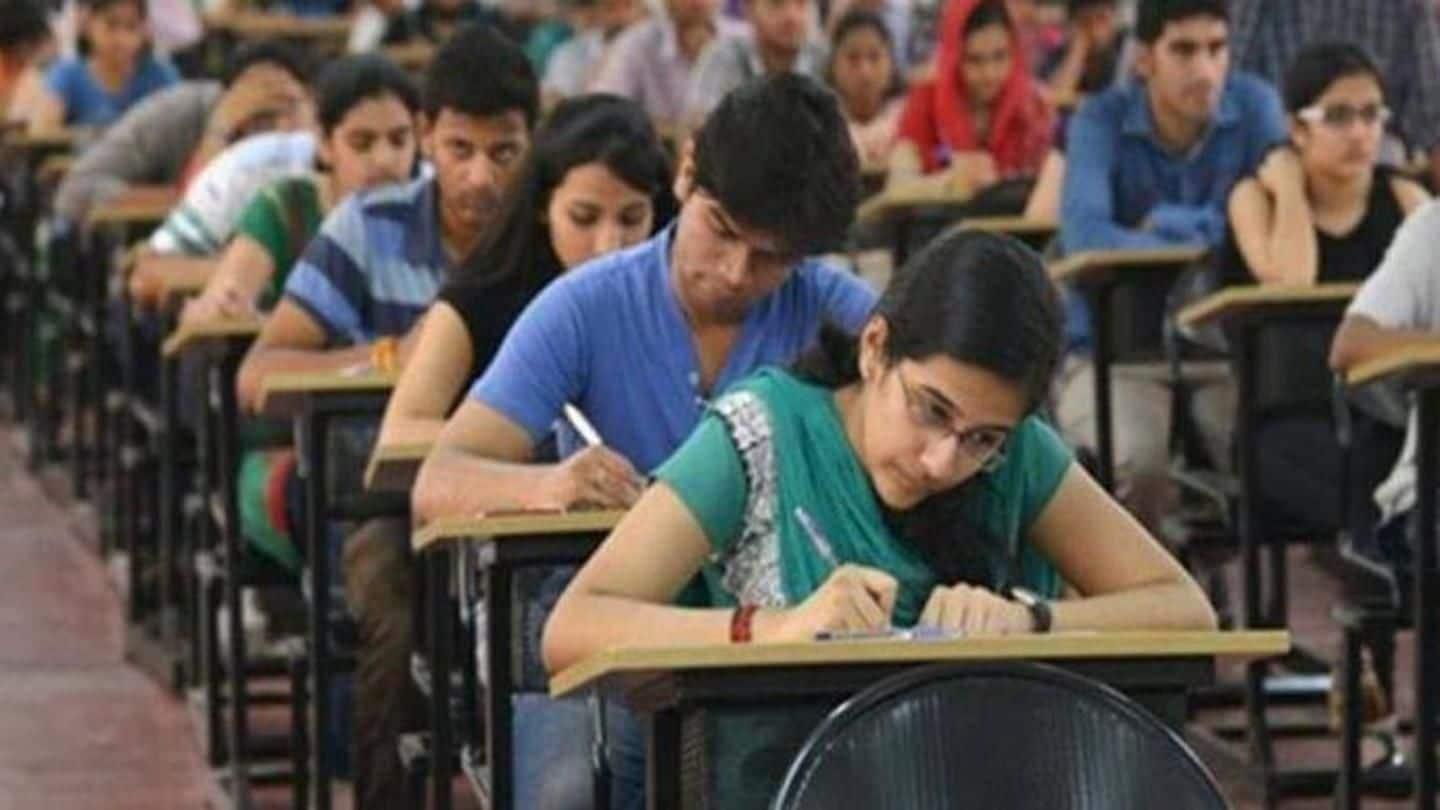
Busting 6 myths about the UPSC Civil Services Exam
What's the story
The Indian Civil Services exam, commonly referred to as the IAS exam, is conducted by the Union Public Service Commission (UPSC) each year.
The popularity of the exam has given birth to hearsay. Thus, there are many myths floating around, about the highly competitive exam, which students tend to blindly believe in.
Here's busting some of the most common myths about the UPSC exam.
Know-it-all
Myth 1: IAS aspirants must know everything about everything
A popularly held UPSC myth is that aspirants need to know everything about everything under the sun, which is far from the truth.
The point is that UPSC is a generalist exam, and one requires general understanding and conceptual clarity of all the subjects and topics prescribed in the syllabus. That's all.
So, you don't need to be an expert, just a genuine learner.
Information
Myth 2: You need to be a 'topper-material'
Although being a topper through your school and college shall help you build confidence and score better, but it is in no way, the gateway to success. As long as you can develop general awareness, logical reasoning, and writing skills, you can crack the exam.
16 hours rule?
Myth 3: You must study 16 hours everyday
Let's be honest here- it is practically impossible for one to study 16 hours a day, considering that 6-8 hours sleep is also needed to stay healthy.
The key here is to focus on quality, rather than the number of hours.
One should study hard and smart, with regular breaks, and should not put much pressure on themselves.
Relaxation and recreation are equally important.
Coaching
Myth 4: Going to a coaching institute is a must
This is not true for everyone- one may or may not require coaching.
In today's scenario, there's a lot of preparation resources, study material, and guidance available right at your fingertips, with so many UPSC support websites and apps coming up.
Furthermore, going to coaching can be an extremely costly affair.
So, rely on self-study as much as you can.
Information
Myth 5: You must cram up umpteen facts
One must know that cramming up facts is never the answer. The UPSC does not test your factual knowledge, but your understanding of topics, conceptual clarity, and analytical skills. However, a general knowledge of some basic, building-block facts must be there.
No. of questions
Myth 6: You should attempt maximum number of questions
It's just another of those 'hacks' and 'shortcuts' people keep coming up with, to cracking the UPSC exam.
Truth is, scoring mechanisms don't work this way- you cannot become a topper by answering as many questions as you can, since there's negative marking, and you may end up with a terrible score.
Getting maximum of your answers right comes from years of reading and hardwork.